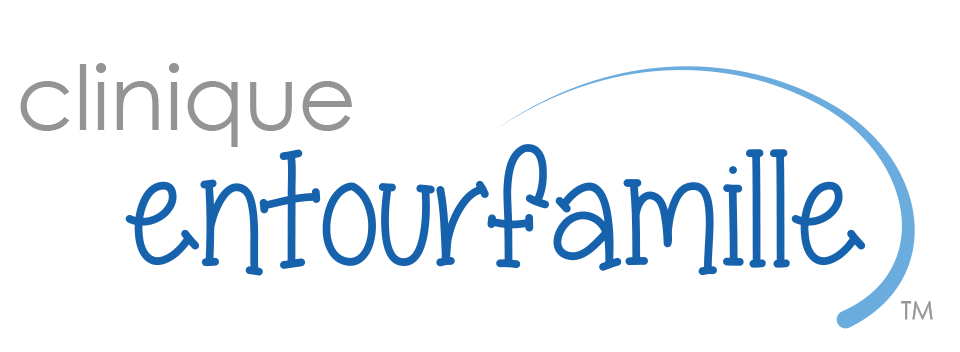Occupational Therapy
Occupational Therapy
Occupational Therapy addresses a child’s functional independence by assessing performance in daily activities, including self-care, academics and play through an assessment of:
- Daily routines and self-care (e.g. dressing, brushing teeth, eating)
- Fine motor skills (e.g. using scissors, tying shoelaces, drawing and writing)
- Gross motor skills (e.g. skipping rope, riding a bike, catching a ball)
- Sensory needs (e.g. distractibility, picky eating, resistance to wearing certain clothes)
- Visual perceptual skills (e.g. doing puzzles or dot-to-dots, finding objects in a busy environment, tracking objects with their eyes)
- Managing emotions and behaviours (e.g. dealing with anger and anxiety, aggression)
- Playing and socializing (e.g. eye-contact, sharing, functional or imaginary play)
Treatment is focused on developing a personalized therapy plan that incorporates different approaches (e.g. sensory, behavioral and cognitive techniques, adaptations and assistive equipment, task practice and skill building). The therapy plan is aimed at helping a child achieve functional goals of daily living that are important to the child and their family.
Helping you and your child starts with a complementary consultation with our early childhood development specialist in order to determine whether your child can benefit from occupational and any other therapy. A more comprehensive evaluation may be recommended.
Receipts are provided for all paid services.
It is the responsibility of the client to verify with their insurance plan if a particular service is covered, the specific amount of coverage, and which professionals are covered under each plan.
